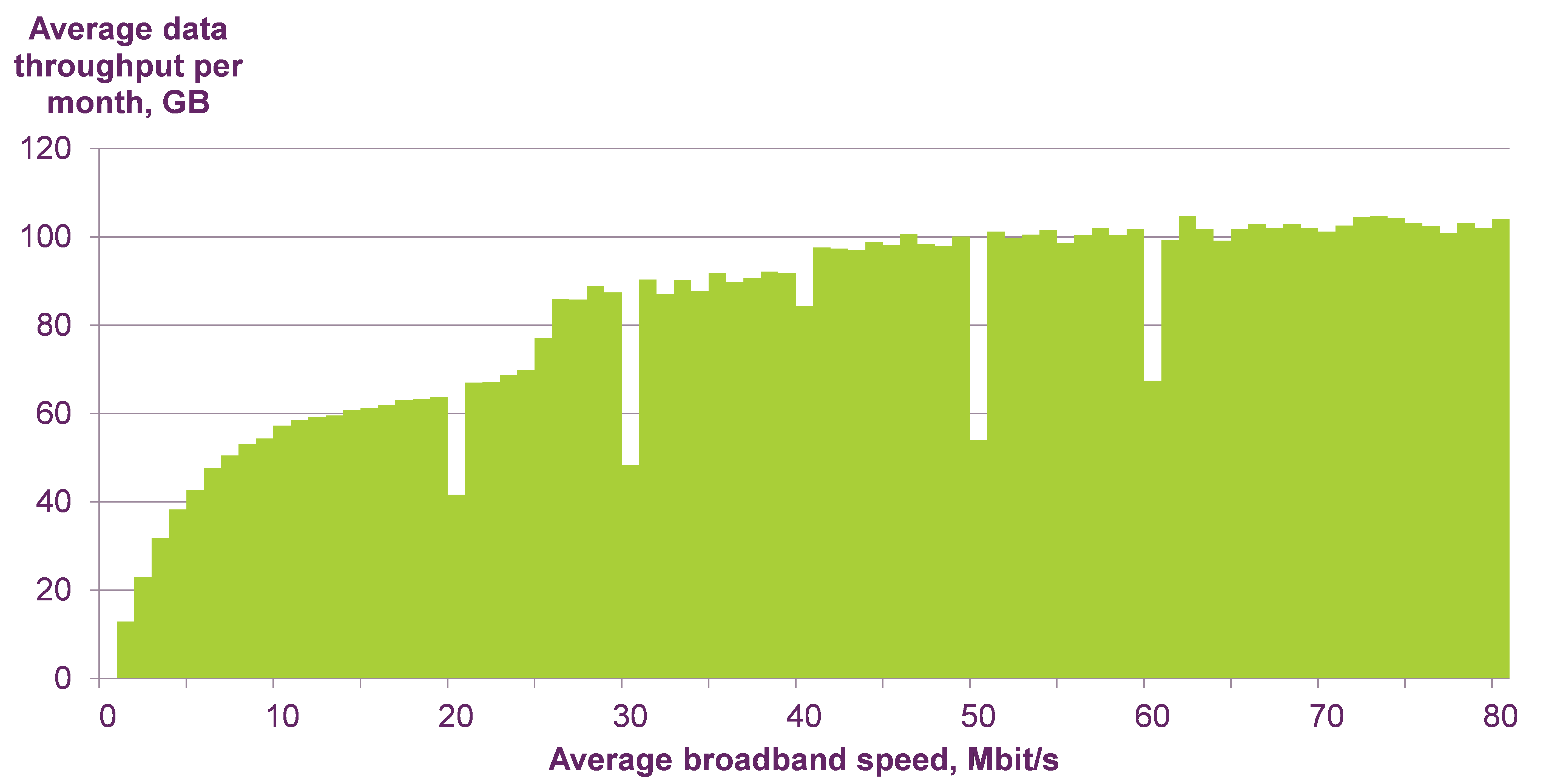BSG Comment: Broadband and ‘universal’ access.
Recent weeks have seen a lot of debate in Whitehall and Westminster around what should be the minimum download/upload speeds that premises and households can access. This raises a number of important questions as to what exactly we mean when we say that broadband is ‘essential’, ‘the fourth utility’ or even ‘a fundamental right’.
As set out in the 2009 ‘Digital Britain’ Report, the USC is set at 2Mbit/s – which all things being equal is enough to stream content from BBC iPlayer. According to Ofcom there are still around 3% of premises that cannot access download speeds of at least 2Mbit/s (although this appears to be from fixed line rather than satellite) but BDUK are confident that these will be addressed by the end of this year.
In the past week both the Public Accounts Committee and the Environment, Food and Rural Affairs Committee raised the issue of the Universal Service Commitment (USC) – with the latter calling for a review of where it is set. This call was echoed by many MPs who took part in backbench debate on digital connectivity with even Ed Vaizey seeming to indicate he thought 7 or 8 Mbit/s was a more realistic benchmark.
Ofcom suggested in its Infrastructure Report last year that it possibly agreed with these calls for Government to review its policy around the USC. It suggested a minimum of 8-10 Mbit/s as being more appropriate today. The graph below – which seems to suggest that data use is constrained below this point – shows that this range is far from arbitrary. 
There are also suggestions that rather than focusing on available bandwidth, which itself is probably in need of clarification in terms of whether it is a ‘floor’ or an ‘up to’ aspiration, the USC should focus on performance or quality of experience.
The BSG are hoping to contribute to this debate which is unlikely to subside – particularly given that the recently published Labour Digital Government Review included a review of the USO as a high priority recommendation.
Just one final thought though – if we can all agree on what benchmark should be used, who’s going to pay for it?




